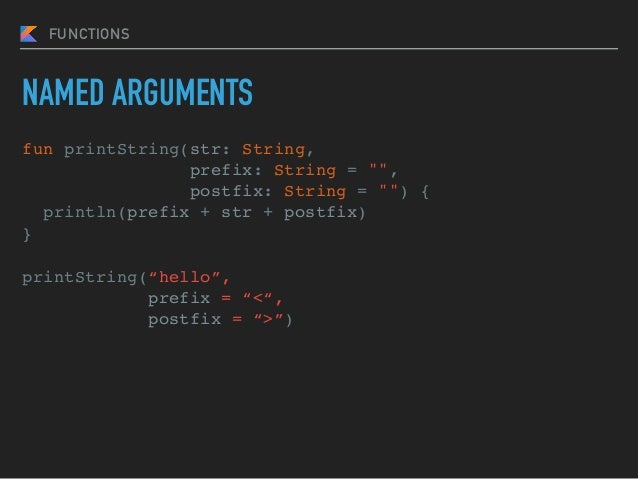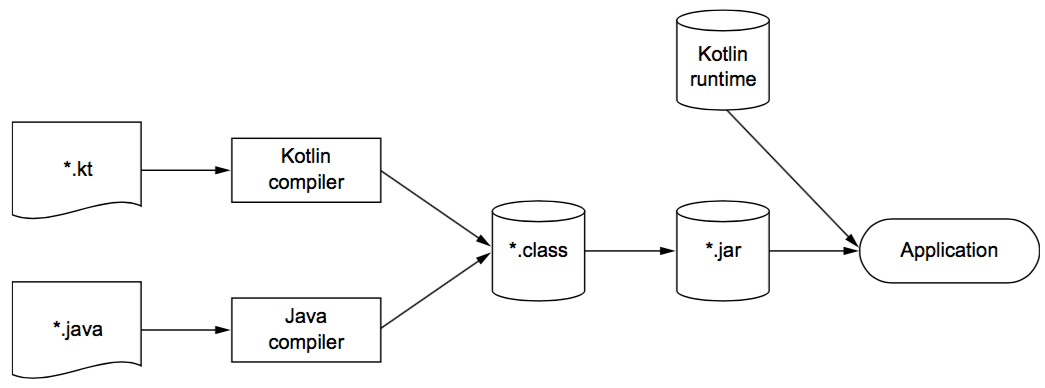

In this case, the clear winner is groupingBy().eachCount(). Often times it depends on context for which strategy is best. (I don't mean to imply that this is an exhaustive list of strategies differing circumstances may yield more options.) Casting to non-null (with possible exception).I've demonstrated a number of strategies to convince the compiler that your code is okay: Then we use the helper function Grouping.eachCount() to transform that into Map.Ĭollection-level operations can be incredibly powerful and are often more useful than iterating over collections manually (especially because the standard library can optimize what's going on behind the scenes). What we're doing here is first converting our List into a Grouping. Here's how we might try to write it: fun countInstances(list: List): Map. Suppose we want to convert a List into a Map, where each Int represents the number of times each String appeared in the list. Code that you know is ironclad turns out to be full of potential nulls. This null safety can occasionally create some tricky situations, though. Try to use a nullable type in a non-null way and the compiler will yell at you.

Otherwise, structural equality is used, which disagrees with the standard so that NaN is equal to itself, NaN is considered greater than any other element, including POSITIVE_INFINITY, and -0.0 is not equal to 0.0.One of the best features of Kotlin is its built-in null safety in the type system. When an equality check operands are statically known to be Float or Double (nullable or not), the check follows the IEEE 754 Standard for Floating-Point Arithmetic. For values represented by primitive types at runtime (for example, Int), the = equality check is equivalent to the = check. a = b evaluates to true if and only if a and b point to the same object. Referential equality is checked by the = operation and its negated counterpart !=.

Structural equality has nothing to do with comparison defined by the Comparable interface, so only a custom equals(Any?) implementation may affect the behavior of the operator. Functions with the same name and other signatures, like equals(other: Foo), don't affect equality checks with the operators = and !=. To provide a custom equals check implementation, override the equals(other: Any?): Boolean function. Note that there's no point in optimizing your code when comparing to null explicitly: a = null will be automatically translated to a = null. If a is not null, it calls the equals(Any?) function, otherwise ( a is null) it checks that b is referentially equal to null.


 0 kommentar(er)
0 kommentar(er)
